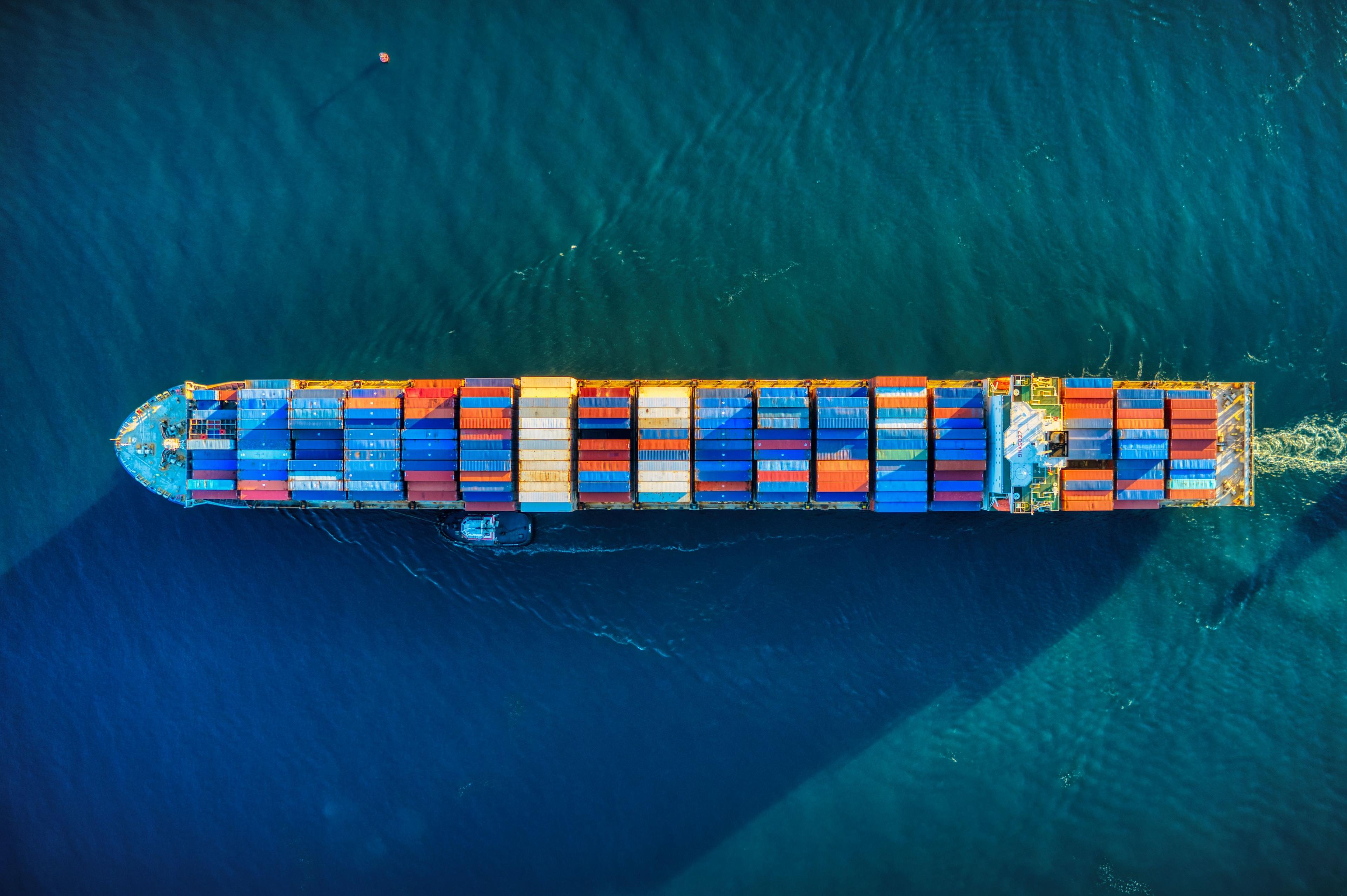
Modelling the impact of economic coercion
16.06.2023 - 07:19
Mandala conducted research in conjunction with the Australian Strategic Policy Institute on the impact of economic coercion on the Australian economy.
Economic modelling can help us understand the impact of 'economic coercion' - tariffs and trade bans that limit export and import relationships between countries.
We conducted econometric modelling using the G-Cubed CGE model to understand alternative scenarios of economic coercion on different countries and sectors.
The first set of scenarios examined impacts on different countries - looking at the impact of trade bans on G7 countries (USA, UK, Canada, Japan, France, Germany, Italy) and Australia.
The second set of scenarios applied the effects to different sectors. This modelled the impact of trade sanctions targeting different sectors including mining, energy, agriculture, durable manufactured goods, non-durable manufactured goods and services.
In total, this implied 42 scenarios of consideration.
Economic coercion results in a range of negative effects and offsetting positive effects for an economy
These negative effects can include reduced prices, output, investment and employment.

At the same time, markets and exchange rates will adjust - recalibrating for these effects.

We used the G-cubed Computational General Equilibrium model to understand the impacts of various shocks to the Australian economy - highlighting the economy's resilience.
Through markets re-directing and re-balancing, our economy is more resilient than we may have thought to trade restrictions.

Read our latest posts

The Fragmentation Tax
Australian retailers operate across a patchwork of inconsistent state and territory regulations that, left unchecked, will cost the economy $26 billion and households $9.4 billion over the next decade. Commissioned by the Australian Retail Council, this Mandala report finds that regulatory fragmentation in retail - Australia's second-largest employer, generating $649 billion in economic activity annually - is compounding the country's productivity crisis at the worst possible time. The report identifies specific issues in transport and logistics, and packaging and waste as priority areas for reform, where harmonisation alone would inject up to $1.65 billion into the economy over 10 years. It recommends the Federal Government use its National Competition Policy framework to drive reform - including a $260 million increase to the National Productivity Fund, a new National Harmonisation Council, and a mandate that Regulatory Impact Statements explicitly quantify fragmentation risks.
23 Feb, 2026

Reforming Victoria's Windfall Gains Tax
Victoria's Windfall Gains Tax (WGT), introduced in July 2023, has compounded a decade of new and increased property taxes that have made Melbourne the most costly major city in Australia for development. Commissioned by the Property Council Victoria, this Mandala report finds that developer taxes and charges now account for 18% of total costs on Melbourne developments - double the rate of Sydney - and that the average WGT liability pushes project returns below the viability threshold. The analysis estimates that removing the WGT could unlock $1.4 billion in additional annual investment, support 2,700 jobs and deliver the equivalent of 3,100 new homes per year by 2030. The report also presents a suite of targeted reforms across financial relief, predictability, and policy alignment that would restore investor confidence while balancing the government's revenue objectives.
23 Feb, 2026

Restoring affordable access to specialist care in Australia
In this report, Mandala and Private Healthcare Australia (PHA) studied the affordability of specialist care in Australia. We find that specialist fees are rising, exacerbating cost-of-living pressures on consumers and worsening the affordability of healthcare. We propose a targeted package of measures to improve consumers' ability to access high-quality care, of their choosing, at fair and transparent costs.
3 Feb, 2026

Critical Minerals Strategic Reserve Design
Mandala's latest report for the Association of Mining and Exploration Companies (AMEC) sets out an industry-informed approach to implementing Australia’s Critical Minerals Strategic Reserve, with a focus on rare earths critical to national security and the energy transition. Bringing together 10 Australian rare earth developers, and drawing on international precedents and economic analysis, the report recommends a commercially viable and fiscally sustainable model to support new investment in Australia’s rare earths sector while managing risk to taxpayers.
12 Jan, 2026